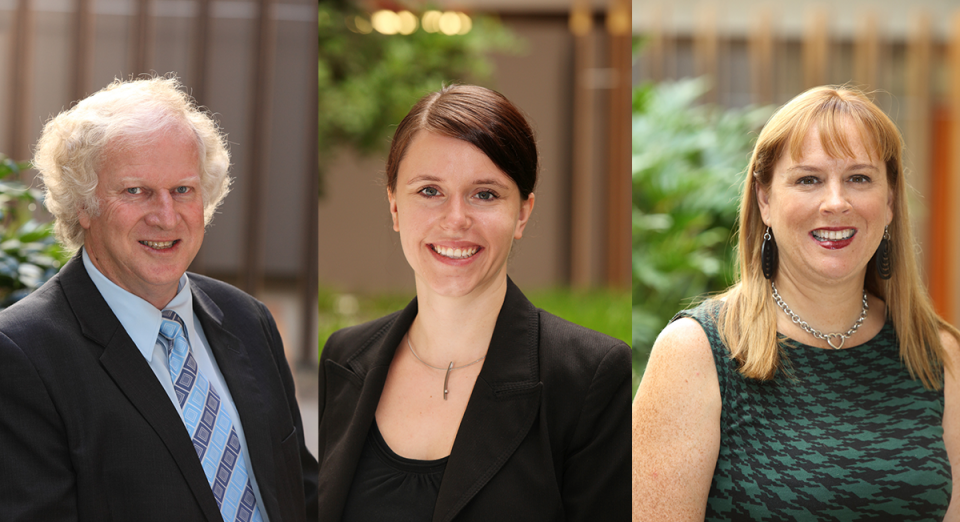
UQ Business School academics Dr Martina Linnenluecke, Dr Jacqueline Birt, and Professor John Lyon, have partnered with Professor Baljit Sidhu from The University of New South Wales on a new research paper which explores ‘Planetary Boundaries: Implications for Asset Impairment’.
The research explores that environmental change can impair firms assets, its profit’s and its human capital.
The paper is set to appear in the forthcoming issue of Australia's leading accounting, finance, and business information systems journal, Accounting and Finance.
Editor-in-Chief of the Accounting and Finance journal, UQ Business School’s Frank Finn Professor of Finance Tom Smith, says the publication is one of the first papers in this area to adequately define the implications and risks for firms and assets.
“This research is the first of its kind to spell out how the environment can impair a firm’s assets, profits and human capital. It is a must read for any concerned business person,” he said.
This new research sets an agenda for future investigation into asset impairment due to the nine identified planetary boundaries and overall global environmental change.
The nine boundaries are defined as: maximum values for climate change, change in biosphere integrity, stratospheric ozone depletion, ocean acidification, biogeochemical flows, land-system changes, freshwater use, atmospheric aerosol loadings, and chemical pollution.
Dr Martina Linnenluecke, an expert in sustainability, has extensive experience working with government and industry related to organisational climate adaptation strategies, assessments and planning.
“Interdisciplinary insights into how the environment impacts companies are becoming increasingly important given the real and absolute limits in important natural resources.
“It is essential for companies to understand how environmental risks affect their business in the short-, medium- and long-term to evaluate their investment options and future competitiveness,” she said.



